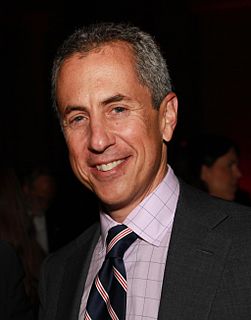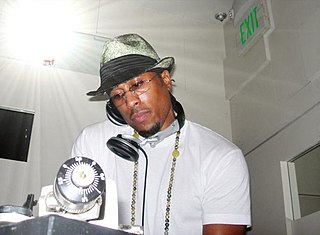A Quote by Danny Meyer
I'm a big believer that you can try to change the world based on philosophy, doctrine, and belief. But I think the thing that really drives the world is hedonism, the pleasure factor.
Related Quotes
Traditional hedonism...was based on the direct experience of pleasure: wine, women and song; sex, drugs and rock 'n' roll; or whatever the local variant. The problem, from a capitalist perspective, is that there are inherent limits to all this. People become sated, bored...Modern self-illusory hedonism solves this dilemma because here, what one is really consuming are fantasies and day-dreams about what having a certain product would be like.
With someone like Barack Obama, I think the whole America, the whole world will coalesce. Every election is about change, and change takes a long time because there are big issues that can't be changed overnight. But the one thing that will change dramatically is how we're viewed around the world. Once Obama is in there, the world will view Americans in an entirely different light. And that, to me, is a good thing.
I am not sure just what Marx had in mind when he wrote that "philosophers have hitherto only interpreted the world in various ways; the point is to change it." Did he mean that philosophy could change the world, or that philosophers should turn to the higher priority of changing the world? If the former, then he presumably meant philosophy in a broad sense of the term, including analysis of the social order and ideas about why it should be changed, and how. In that broad sense, philosophy can play a role, indeed an essential role, in changing the world.
Why have we had such a decline in moral climate? I submit to you that a major factor has been a change in the philosophy which has been dominant, a change from belief in individual responsibility to belief in social responsibility. If you adopt the view that a man is not responsible for his own behavior, that somehow society is responsible, why should he seek to make his behavior good?
What held people together was the belief that you're really going to change the world. I think that's the nature of many startups. You believe that what you are doing is going to have a dramatic impact. You might not exactly know how, but you really have a belief. That keeps you going and going through many changes and a lot of uncertainty.
Big meetings and big talk are not enough in a world that is hungry for change. Big action - world leaders keeping their promises, and developing countries committing resources while listening ardently to the voice of the small farmer - is needed to bring big results and prosperity to the world's poor.



































